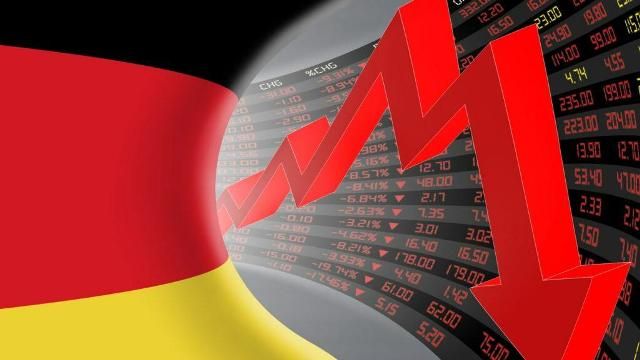
-
Published: 01 March 2023

The readings for Europe's largest economy puts more pressure on the European Central Bank, as after inflation hit France, the euro-era and Spanish record this week a jump in price growth which defied estimates.
Edited by| Paul Mitchel
Economy section - CJ journalist
Berlin - 1 march 2023
KfW chief economist Fritzi Koehler-Geib said prices for goods and services "still have room to rise", suggesting the ECB should "stay on course" with its rate rises.
Bruno Schneller, managing director at Invesco Asset Management, said:
"The surprises in January inflation releases have challenged hopes for a smooth return to target inflation."
read more|THE RISE OF THE INFLATION IN GERMAN TO 8.7 PCT IN JANUARY
Although the measures to curb inflation are mostly focused on energy, food prices are also driving inflation in Europe's largest economy.
Dairy products and eggs, as well as edible fats and oils, recorded particularly sharp increases and were at least 30 percent more expensive than a year ago, according to Destatis.
Excluding consumer prices for energy and food, inflation in Germany would have been only 5.6 percent in January. Other product groups, however, were catching up as the adjusted rate went up 0.4 percentage points since December 2022.
Markets have for the first time to price a 4pc peak in the ECB's deposit rate, which currently stands at 2.5pc.
